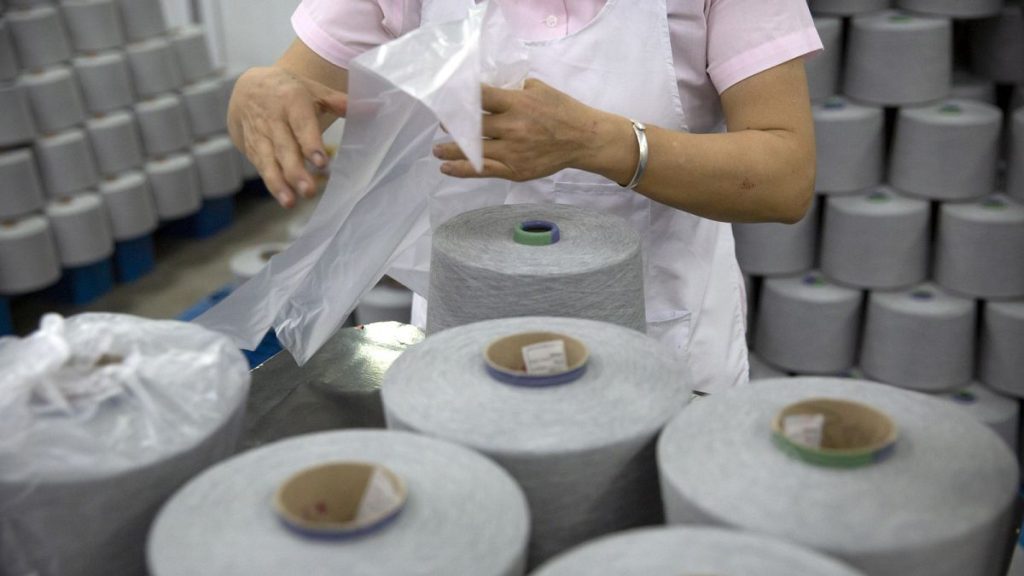The European Parliament has passed new legislation aimed at eradicating products tainted with forced labor from the EU market. The law, which was approved with a large majority, will apply to products manufactured throughout the world but is mainly targeting countries known for state-sponsored forced labor such as Turkmenistan and China. The law empowers national authorities to investigate and ban products suspected to have links to forced labor. The European Commission will also have the authority to initiate probes and request inspections from third countries. Companies failing to comply with the rules will face fines determined by member states.
The move comes in response to a rise in cheap products made with forced labor infiltrating the EU market, as well as an increase in the global number of people in forced labor and the profits generated from such practices. The International Labour Organisation estimates that over 28 million people are trapped in forced labor, generating billions of dollars annually. Recent reports have revealed connections between major European clothing brands and forced labor in Chinese detention camps in Xinjiang, a region notorious for its systemic abuses against Uyghurs and other ethnic minorities.
In the US, a law enacted in 2021 prohibits goods made in Xinjiang, mandating importers to prove that products linked to the region are not made with forced labor. Last year, US lawmakers investigated Chinese-owned retail giants and sportswear brands for potential ties to Uyghur forced labor. The EU legislation, initially proposed in 2022, faced delays and criticism but was ultimately approved in March following negotiations between the parliament and member states. However, some concerns remain about potential disruptions to critical raw material supplies and the lack of mandatory remediation for victims of forced labor.
The law has garnered support from various political groups, but detractors, like Germany’s FDP party, , have raised concerns about increased bureaucracy and potential negative impacts on businesses. There are worries about disruptions to the supply chain, particularly in industries like solar energy, where components from Xinjiang are used. To address such concerns, national authorities may request companies producing critical products to hold off on sales until they can prove there are no links to forced labor in their operations. Despite critics, civil society organizations have also pointed out limitations in the regulation, such as the absence of a requirement for companies to provide remedies for victims of forced labor.
Some NGOs have highlighted that the regulation lacks presumptions of state-imposed forced labor in high-risk industries and regions. They fear that this could weaken the law’s effectiveness, especially in cases like the Uyghur population in China. To address this issue, an online platform will carry information about sectors and areas where forced labor is prevalent. NGOs stress the importance of robust implementation and enforcement of the new rules to ensure they are effective in combating forced labor. Ultimately, the goal of the legislation is to protect human lives, strengthen the arket, and prevent the exploitation of vulnerable workers by eliminating products tainted by forced labor from the EU market.


